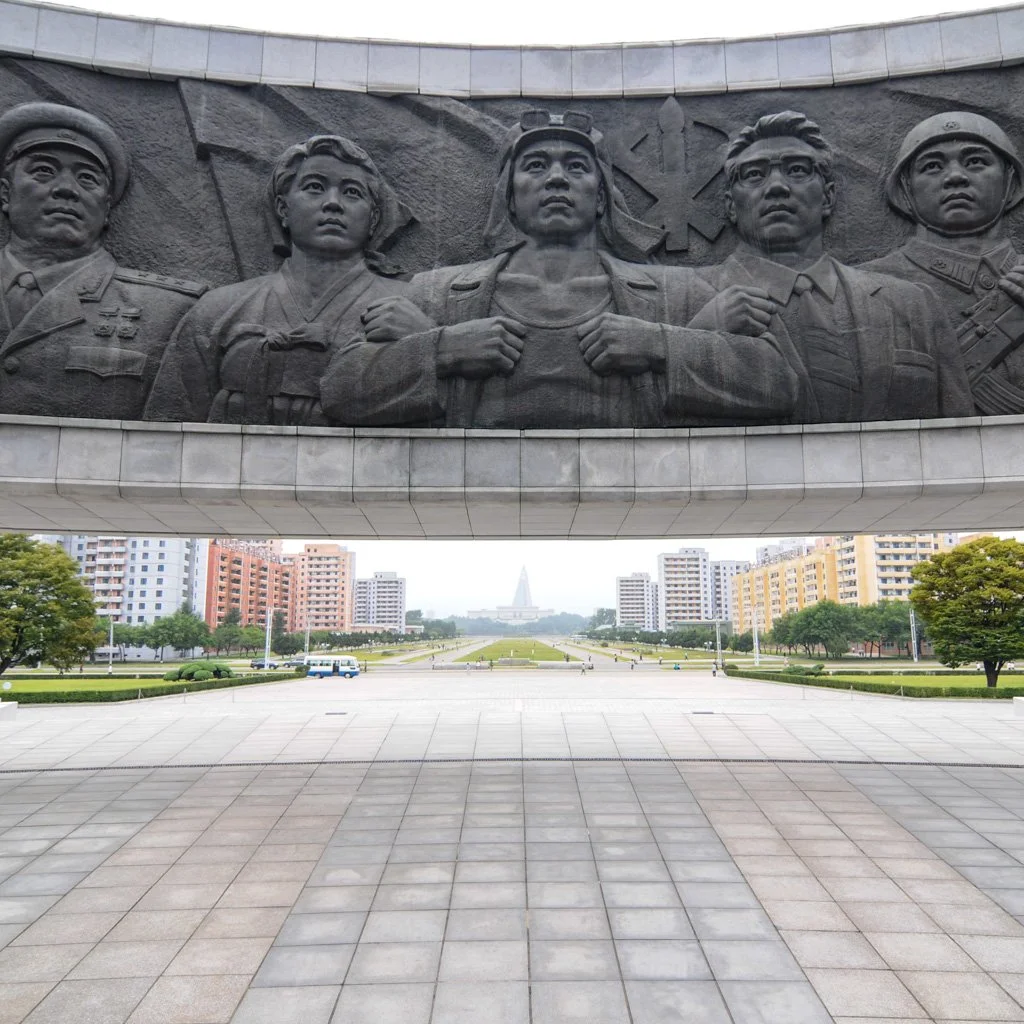
The following was written by a Choson Exchange team member. Views reflect those of the team member, and does not represent the institutional position of Choson Exchange. We have had casual conversations on the changes taking place in Burma with some North Koreans. You can’t teach an old dog new tricks. Apparently, not true in Burma. While the winds of change in the Middle East have been largely mass movements invigorated by the idealistic passions of young vanguards, Burma’s gerontocracy has surprised many by their willingness to reinvent themselves and their moribund economy. The visit by Mrs Hillary Clinton, the highest ranking US State Department official to Burma in more than 50 years, has renewed hopes that Burma will continue to carry out progressive reforms to gain acceptance in the international community. Anticipation of change is in the air.
Old men can lead change
What does this mean for North Korea? First, the assumption that change must come from the youth, unencumbered by ideology and motivated by a better Western way of life, ought to be seriously reexamined. Old men in power can open up their country, if only because of self-interest to entrench themselves and their privileges. Thein Sein, currently 66 and the President of Burma, is hardly the poster boy for change. He spent his entire career as a member of the military junta responsible for the repression of pro-democratic forces. Just today, he signed a law to allow his people to peacefully protest in Burma. And all these volte-faces are taking place while Senior General Than Shwe, a man who ruled with absolute power and an iron fist till 1992, is still alive. Perhaps the international community should seriously consider sponsoring senior North Korean leaders to Burma to understand their rationale for voluntarily ceding and sharing power. This is likely to be a more effective prep talk than any democratic lecture or visit by former US Presidents. These old gentlemen may be your unlikely agents for change.
Initiating change from the top
Second, it is a good idea to initiate change from the top of the Bastille than from the streets. While their European counterparts like Nicolae Ceausescu tend to have their doors kicked down before going down with a bang, socialist dictators in Asia seem to better understand the true meaning of power, and often voluntarily open their doors to change. If change is inevitable, existing leaders might as well start learning to control change in a non-destabilizing way. This will allow the old dogs to be seen as agents for change and claim credit for bringing the fruits of economic progress to their people. It is ultimately in their political self-interest to legitimize their rule. A social compact with their people for economic growth and a higher standard of living can only better cement their power in the short-term. This is because the energies of the masses will be channeled towards hungry stomachs and material needs, rather than any abstract democratic ideals. If democratic change eventually catches up and takes power from them, it will be at best be an uncertain and long-drawn process (i.e. just look at China). By then, they will have comfortably retired in their graves. If the old gentlemen in Burma can give up their cherished Burmese Way of Socialism, surely the North Korean leaders should take a hard look at Juche again. The old gentlemen in North Korea should be confident in the knowledge that, by initiating economic changes today, they not only benefit themselves by stabilizing their regime, but also benefit their progenies by creating a more stable and rewarding economic system.
Fast and Furious Change
Third, when change comes, it will be fast and furious. It pays to be prepared and to have a ready agenda. Ever since the Burmese military junta orchestrated a transition to civilian government earlier this year, reforms and progressive announcements have been rolled out at a rhythmic pace. Within a year, the freeing of Aung Sung Suu Kyi from house arrest, ceasefire with the Shan State Army South and the latest lifting of a blanket ban on protests constitute a nice chronological flow on the political front. Positive signs have also been signaled on the business and economic front with talks of simplifying the FX system and reforms in investment law to give foreigners more control over their businesses. Senior North Korean leaders should watch Burma closely. Even if they are not interested in pushing for reforms today, they will be wise to start thinking through the agenda and timetable for economic and political change. One does not need to tell the master practitioners of power that it is better to dictate the terms of your agenda to others than vice versa. Also, elite North Koreans have studied overseas and understand how the capitalistic system operates, so the expertise and knowledge to actualize change is already there. If their Burmese counterparts can find it in their hearts to be young again, there is no reason why the old gentlemen in North Korea can’t start a bit of experimenting and share the joy of their cognac with their fellow countrymen.







